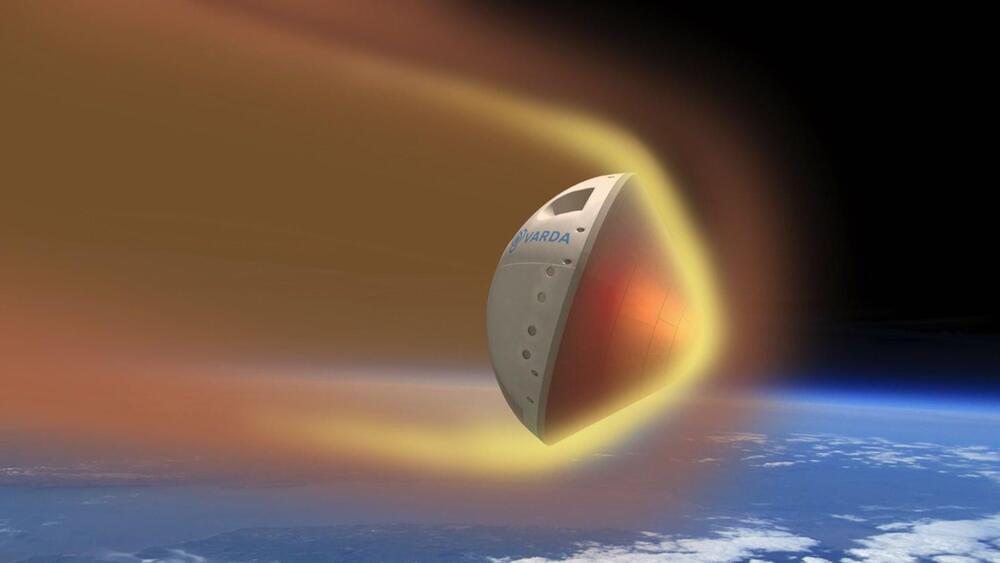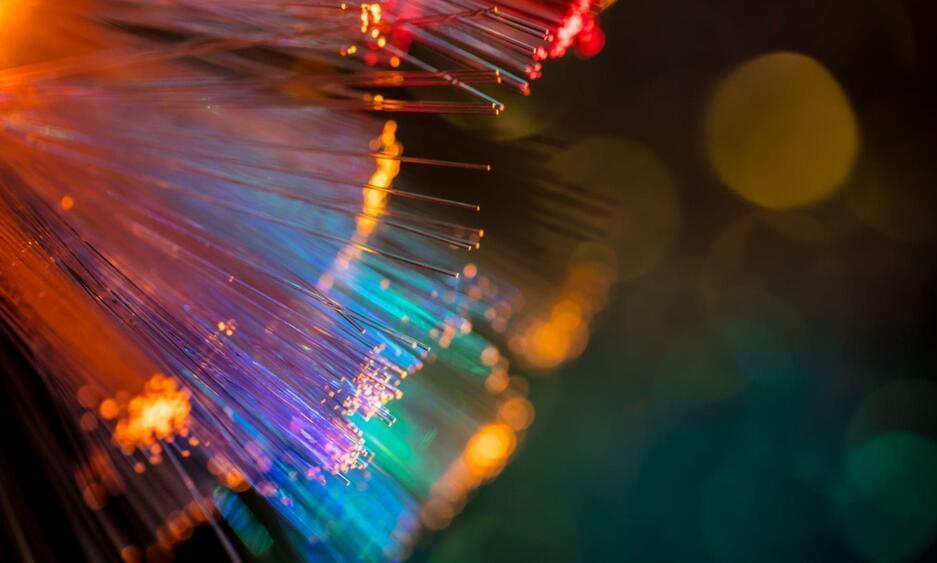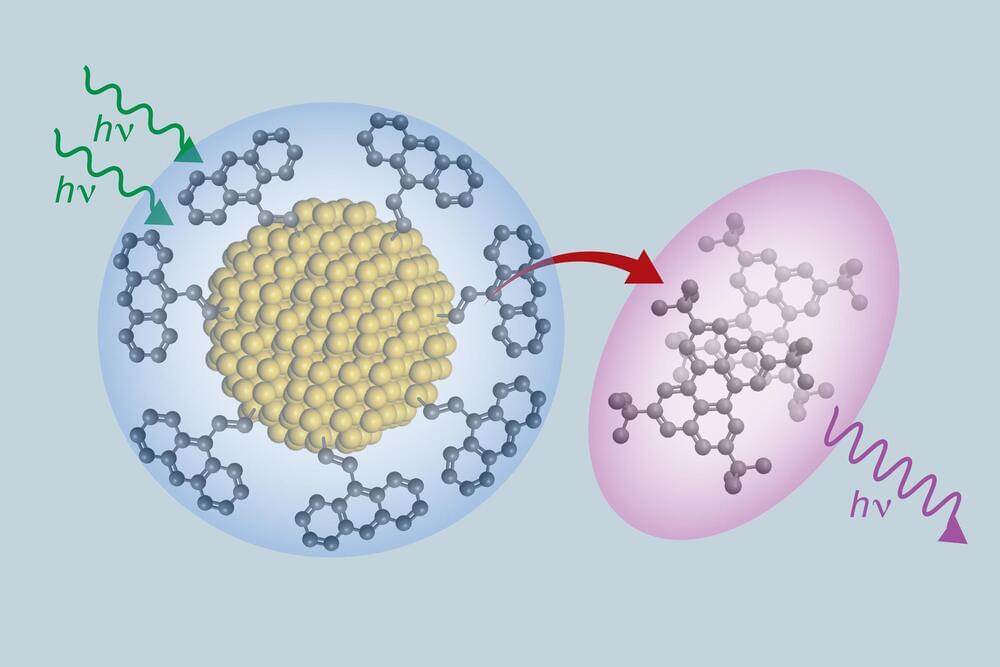An astrophotographer captured the ISS crossing the Sun as two astronauts were conducting a spacewalk to install solar panels.


The transition to renewable energy, critical for the world’s future, is limited today by energy storage and transmission challenges. Beaming solar power from space is an elegant solution that […] promises a remarkable payoff for humanity: a world powered by uninterruptible renewable energy.
The California Institute of Technology reports the first successful beaming of solar energy from space down to a receiver on the ground, via the MAPLE instrument on its SSPD-1 spacecraft.
Space-based solar power. Credit: Caltech.
In recent years, space-based solar power has attracted growing interest from both governments and businesses. Driven by advances in satellite technology, materials science, and energy transmission methods, experts increasingly view it as a feasible option for clean energy that is likely to be a commercial reality within the next two decades.

A team led by Prof. Guo Guangcan from the Chinese Academy of Sciences (CAS) provides a comprehensive overview of the progress achieved in the field of quantum teleportation. The team, which includes Prof. Hu Xiaomin, Prof. Guo Yu, Prof. Liu Biheng, and Prof. Li Chuanfeng from the University of Science and Technology of China (USTC), CAS, was invited to publish a review paper on quantum teleportation in Nature Review Physics.
As one of the most important protocols in the field of quantum information, quantum teleportation has attracted great attention since it was proposed in 1993. Through entanglement distribution and Bell-state measurement, quantum teleportation enables the nonlocal transmission of an unknown quantum state, which has deepened the understanding of quantum entanglement. More importantly, quantum teleportation can effectively overcome the distance limitation of direct transmission of quantum states in quantum communication, as well as realize long-range interactions between different quantum bits in quantum computing.
The team has been at the forefront of experimental studies on high-dimensional quantum teleportation and quantum networks. Their notable achievements include the successful preparation of the world’s highest fidelity 32-dimensional quantum entanglement, the effective transmission of high-dimensional entanglement over 11 kilometers of optical fiber, and the development of efficient techniques for quantum entanglement detection. They have also made significant progress in areas such as high-dimensional quantum dense coding, high-dimensional quantum guidance, and high-dimensional quantum teleportation.

Varda Space Industries aims to kickstart a new era of mass production of pharmaceuticals and other materials from Earth’s orbit.
A California-based startup co-founded by a SpaceX veteran, Varda Space Industries, announced it has successfully deployed its first satellite, W-Series 1, in orbit.
The company aims to kickstart the mass production of materials in space that either can’t be produced on Earth or are developed faster and with higher quality in microgravity conditions.

It has 19 cores which can each carry a signal and can be adopted without any infrastructure changes.
An international collaboration of researchers has achieved a new speed record after transferring 1.7 petabits of data over 41 miles (67 km) of standard optical fiber cable. That’s the equivalent speed of 17 million broadband internet connections.
Optical fiber cables are a critical component of the modern world of the internet, where they connect data centers, satellite ground stations, mobile phone towers as well as continents to one another.

BEBOP-1c is the newly discovered planet, while the first one in this system is TOI-1338b.
The term ‘Tatooine’ is pretty popular in science fiction series such as Star Wars.
Now, in a huge breakthrough, scientists have discovered a new exoplanet in an already known Tatooine system or circumbinary system.
Here’s my new article for Aporia Magazine. A lot of wild ideas in it. Give it a read:
Regardless of the ethics and whether the science can even one day be worked out for Quantum Archaeology, the philosophical dilemma it presents to Pascal’s Wager is glaring. If humans really could eradicate the essence of death as we know it—including even the ability to ever permanently die—Pascal’s Wager becomes unworkable. Frankly, so does my Transhumanist Wager. After all, why should I dedicate my life and energy to living indefinitely through science when, by the next century, technology could bring me back exactly as I was—or even as an improved version of myself?
Outside of philosophical discourse, billions of dollars are pouring into the anti-aging and technology fields—much of it from Silicon Valley and the San Francisco Bay Area where I live. Everyone from entrepreneurs like Mark Zuckerburg to nonprofits like XPRIZE to giants like Google is spending money on ways to try to end all diseases and overcome death. Bank of America recently reported that they expect the extreme longevity field to be worth over $600 billion dollars by 2025.
Technology research spending for computers, microprocessors, and information technology is even bigger: $4.3 trillion dollars is estimated to have been spent worldwide in 2019. This amount includes research into quantum computing, which is hoped to eventually make computers hundreds—maybe thousands—of times faster over the next 50 years.
Despite the advancements of the 21st Century, the science to overcome biological death is not even close to being ready, if ever. Over 100,000 people still die a day, and in some countries like America, life expectancy has actually started going slightly backward. However, like other black swans of innovation in history—such as the internet, combustion engine, and penicillin—we shouldn’t rule out that new inventions may make humans live dramatically longer and maybe even as long as they like. As our species reaches for the heavens with its growing scientific armory, Pascal’s Wager is going to be challenged. It just might need an upgrade.

A group of scientists and engineers that includes researchers from The University of Texas at Austin have created a new class of materials that can absorb low energy light and transform it into higher energy light. The new material is composed of ultra-small silicon nanoparticles and organic molecules closely related to ones utilized in OLED TVs. This new composite efficiently moves electrons between its organic and inorganic components, with applications for more efficient solar panels, more accurate medical imaging and better night vision goggles.
The material is described in a new paper in Nature Chemistry.
“This process gives us a whole new way of designing materials,” said Sean Roberts, an associate professor of chemistry at UT Austin. “It allows us to take two extremely different substances, silicon and organic molecules, and bond them strongly enough to create not just a mixture, but an entirely new hybrid material with properties that are completely distinct from each of the two components.”


Although I’m swearing off studies as blog fodder, it did come to my attention that Vulcan Cyber’s Voyager18 research team recently issued an advisory validating that generative AI, such as ChatGPT, would be turned into a weapon quickly, ready to attack cloud-based systems near you. Most cloud computing insiders have been waiting for this.
New ways to attack
A new breaching technique using the OpenAI language model ChatGPT has emerged; attackers are spreading malicious packages in developers’ environments. Experts are seeing ChatGPT generate URLs, references, code libraries, and functions that do not exist. According to the report, these “hallucinations” may result from old training data. Through the code-generation capabilities of ChatGPT, attackers can exploit fabricated code libraries (packages) that are maliciously distributed, also bypassing conventional methods such as typosquatting.